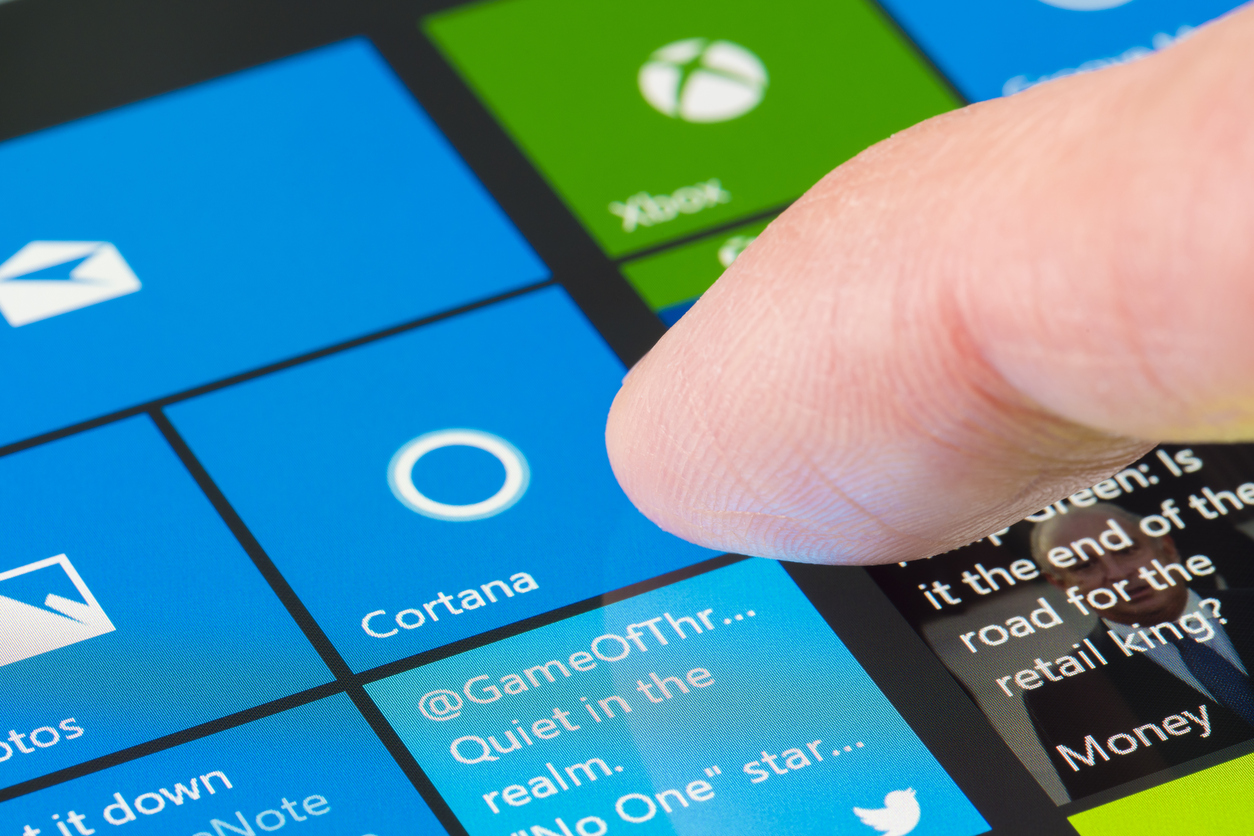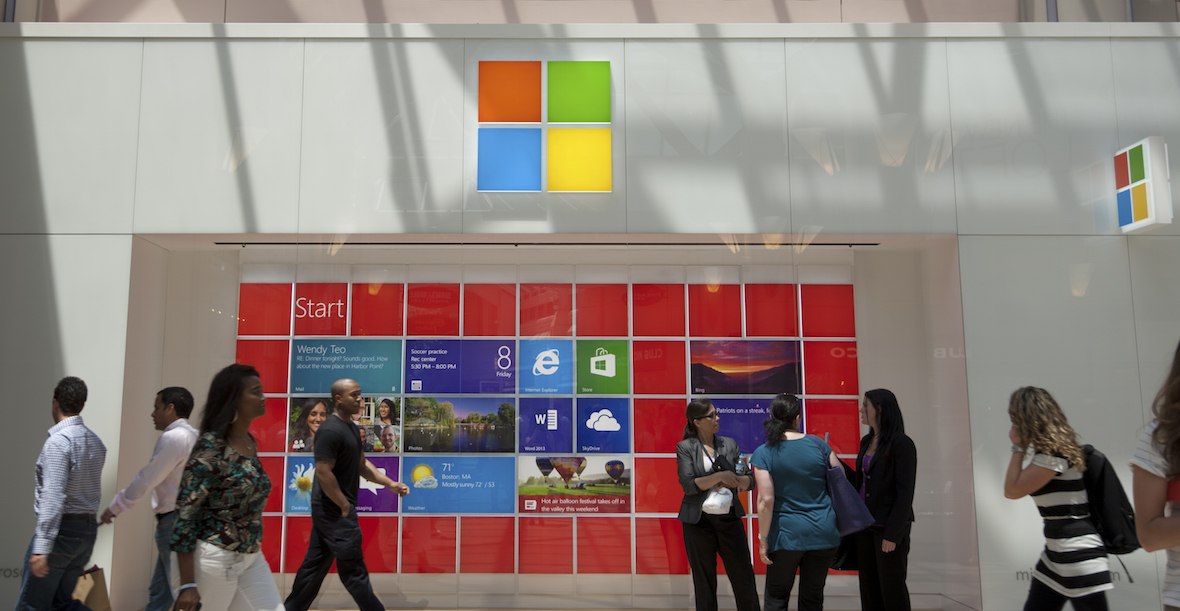What Happened
Microsoft is planning to turn personal computers running Windows 10 into always-on smart speakers with a new HomeHub feature, as the company aims to find a better way to compete with devices like Amazon Echo. First previewed in December, HomeHub is designed to turn a PC into an always-listening device that users can activate Cortana via voice from the lockscreen to provide useful information. Microsoft is also planning to support smart home devices like Philips’ Hue lights, to enable Windows 10 PCs to act as a hub to control and manage smart home hardware.
What Brands Need To Do
Microsoft has been playing catch-up in the smart home device space, and this move should encourage some Windows users to use Cortana more frequently and become familiarized with the voice-activated smart home experience. The company has also worked with Harman Kardon to create an Invoke smart speaker that evokes Amazon Echo’s sleek cylinder design. As voice-based personal assistants like Alexa and Cortana continue to take over as the default interactive layer of smart home devices, brands wishing to tap into the marketing potential of the smart home devices will have to keep a close eye on this development.
Source: The Verge


